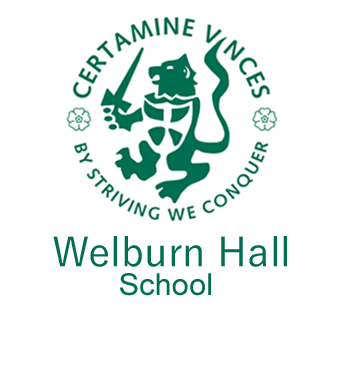Below is a summary of how we embed British Values at Welburn Hall School.
Democracy
Each year the children and students decide upon their class code and the rights associated with these. All the children contribute to the drawing up of the code.
Children and students have many opportunities for their voices to be heard. We have a school council which meets regularly to discuss issues raised in class council meetings. The council has its own budget and is able to genuinely effect change within the school. A representative for each class, as well as family group and College boarders are voted in by their class or their respective boarding group.
Children have an annual questionnaire with which they are able to put forward their views about the school.
Children and students have an opportunity to vote for head boy and head girl each year, who represent students at the governing body meetings.
The Rule of Law
The importance of Laws, whether they be those that govern the class, the school, or the country, are consistently reinforced throughout regular school days, as well as when dealing with behaviour and through school assemblies. Pupils are taught in PSHE the value and reasons behind laws, that they govern and protect us, the responsibilities that this involves and the consequences when laws are broken. Visits to the magistrate’s court and from authorities such as the Police and Fire Service help reinforce this message.
Individual Liberty
Within school and College, pupils are actively encouraged to make choices, knowing that they are in a safe and supportive environment. As a school we educate and provide boundaries for young pupils to make choices safely, through provision of a safe environment and empowering education. Pupils are encouraged to know, understand and exercise their rights and personal freedoms and advised how to exercise these safely, for example through our E-Safety and PSHE lessons. Whether it be through choice of learning challenge, of how they record, of participation in our numerous extra-curricular clubs and opportunities, including boarding opportunities, pupils are given the freedom to make choices. They also know how to complain and have an independent person that they contact to complain to. Her name and picture is displayed around school and there is a picture of her in the school diary.
Mutual Respect
Mutual respect is at the heart of our values. Students and children learn that their behaviours have an effect on their own rights and those of others. All members of the school community treat each other with respect.
Tolerance of those of Different Faiths and Beliefs
Compared to other areas of North Yorkshire, Welburn Hall is situated in an area which is not very culturally diverse, therefore we place a great emphasis on promoting diversity with the children. Assemblies are regularly planned to address this issue either directly or through the inclusion of stories and celebrations from a variety of faiths and cultures. Our RE and PSHE teaching reinforce this. Members of different faiths or religions are encouraged to share their knowledge to enhance learning within classes and the school. Children visit places of worship that are important to different faiths.
Performance is a big part of our school culture and we frequently use songs, dances and plays from other cultures.
At Welburn Hall we will actively challenge pupils, staff or parents expressing opinions contrary to fundamental British Values, including ‘extremist’ views.
As a staff we plan and deliver half termly themed collapsed curriculum day in order to promote British values in a concrete and experiential way. These have included Brazil day, Eastern European Day, Democracy day, Chinese New year, Mardi Gras, Diwali Day. These have given pupils opportunities to cook and eat foods from the cultures, experience traditions, customs, music and dance from other cultures and religions.
Both education and residential staff have received training on how to promote British values and include spiritual, moral and cultural dimension to the experiences and opportunities that our children have access to in their respective settings.





